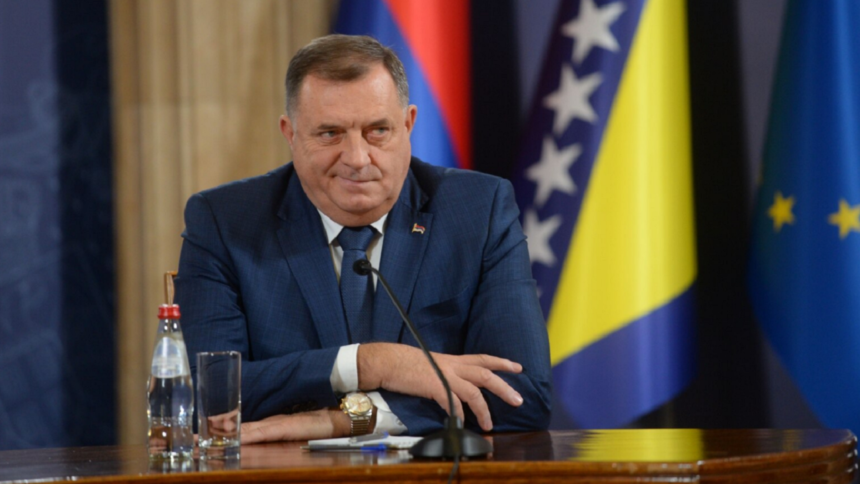Republika Srpska is facing an institutional crisis after Prime Minister Radovan Višković resigned and President Milorad Dodik lost his mandate on August 18.
According to the Constitution of Republika Srpska, only the president of the entity has the right to propose a prime minister for forming a new government. However, since Dodik is no longer officially president—following a final court decision by the Court of Bosnia and Herzegovina that sentenced him to prison and barred him from public office for six years—this process has been blocked.
Until a new government is formed, the current cabinet led by Višković will continue in a technical capacity. The Central Election Commission must announce early elections for the entity’s president within 90 days. Only the newly elected president will have the authority to propose a new prime minister.
Constitutional experts emphasize that any attempt by Dodik to appoint a prime minister now would be unconstitutional and illegal under Bosnian law.
Political analysts note that Višković’s resignation is part of a broader strategy by Dodik, who has also threatened a referendum in September and refuses to acknowledge the court decision. This situation risks intensifying political tensions and causing further institutional instability in Bosnia and Herzegovina.
Historical context: Post-war Republika Srpska governments have often fallen before completing their terms, but the current crisis is considered one of the deepest, as it directly challenges Dodik’s political future and the entity’s relationship with Bosnian state institutions.







